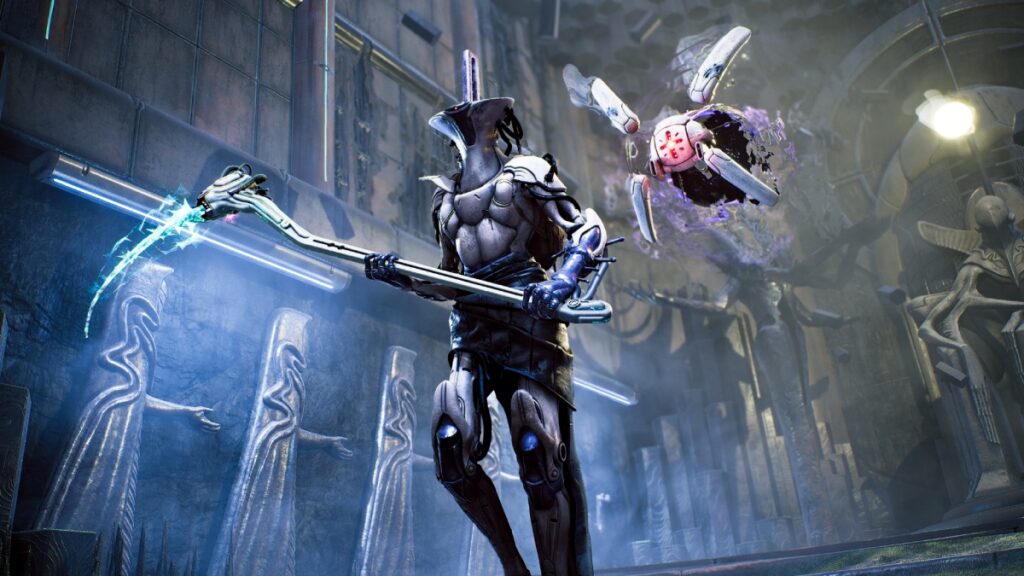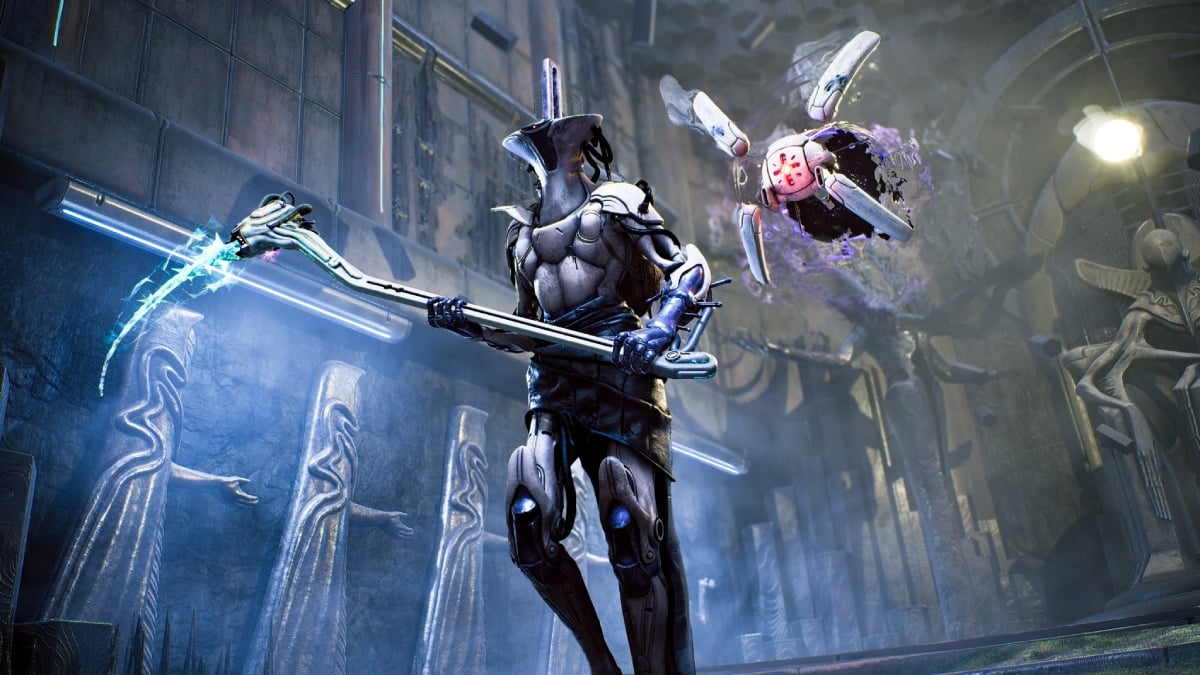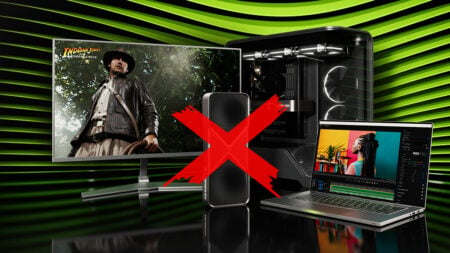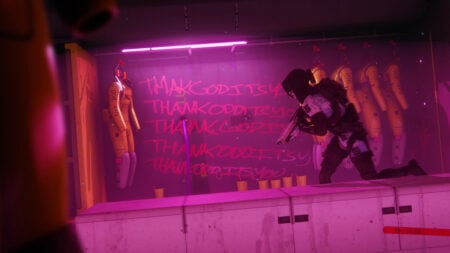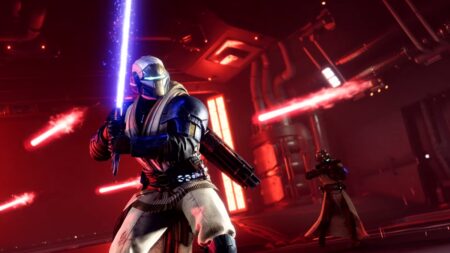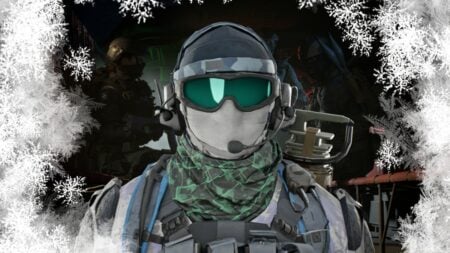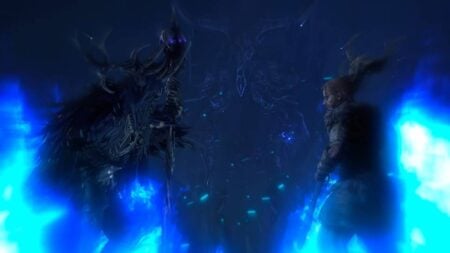Recently, I had the amazing opportunity to interview Rob Westwood, the music composer of Remnant 2 and Remnant: From the Ashes. As someone who’s always believed that music is one of the most important elements that helps enhance any sort of media, it was an absolute honor to meet the composer behind some of the most iconic tracks in Remnant 2, such as Annihilation, the Red Prince, and many more. Naturally, we spoke about the creative process behind the music, Rob’s inspiration to become a music composer, and even his favorite soundtrack of the year. Here’s everything that Rob shared.
An Interview With Rob Westwood
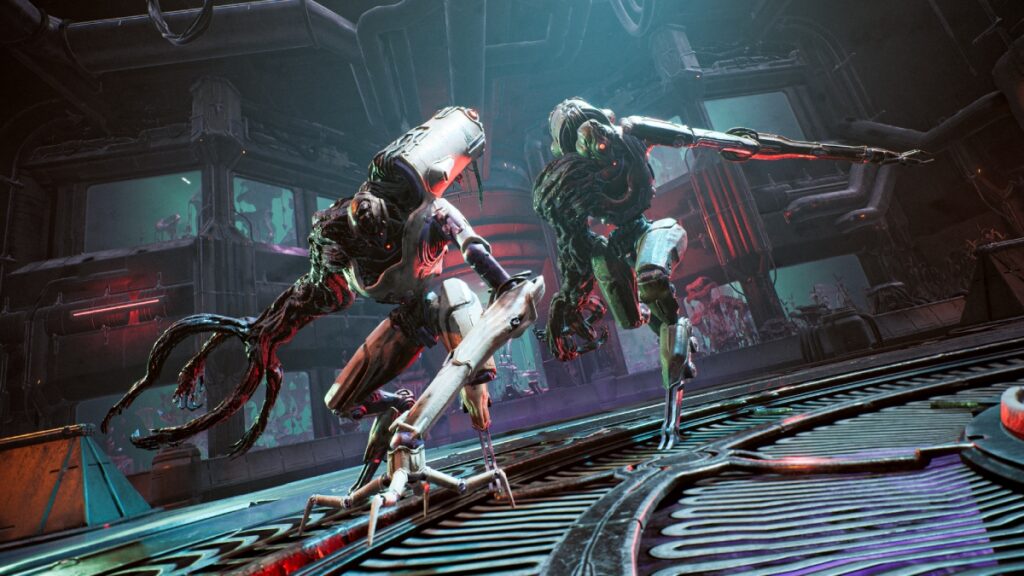
Julio La Pine, Staff Writer at The Nerd Stash: I’d like to begin by thanking you for all the amazing work you do for Remnant 2. Whenever you play a soulslike, you have to face the same boss over and over, so having amazing music in the background makes the process of getting our butts kicked repeatedly much easier, so thank you. And, if you don’t mind, I will start with this question: What is the creative process behind the work you did for Remnant 2?
Rob Westwood, Music Composer for Remnant 2: Creative process. It’s a big question. Generally, it would be to look at concept art and get a list of adjectives for the place I’m trying to score for. Look at the color. Is it dark? Is it pretty? And then, try and match that color. In a more technical way, I look at art or play through what I can play and get a good sense of how an area feels. Usually, I start by blocking in sounds and getting things to match the art of an area. You try to find a sound palette for the area you’re working in. Then, you build up from there.
Julio: It is quite interesting to hear about the sound palette, which actually leads me to my next question. I know you also worked for Remnant: From the Ashes, so how was the process of moving from that one to Remnant 2?
Rob: Generally, with sequels, you have some sort of a “cheat code.” You already have a bank of stuff you have already worked on and sort of know the way. But there’s been a bit of a process with the music. It started with Chronos. Its theme was very sparse and nomadic. And then, when Remnant came along, it was closer to this catastrophic event that had happened. I took the theme from Chronos; I put it into Remnant, changed a couple of notes, and made the theme for it. I sort of imagined the Remnant theme as it was when humanity was close to this catastrophe and then lost its notes when it hit Chronos‘ time period.
A lot of the instrumentation in Remnant: From the Ashes was based around the idea that it had been this big catastrophe, and the only instrument the player had was the guitar — that was the ethos. For Remnant 2, there was already that in mind, but the variation in the biomes was a little broader. I wanted to make the biomes stand out a bit more this time. N’Erud, for example, I generally tried to keep it “synth-only.” It was different, but still trying to keep it in the same underlying melancholy of Remnant.
Julio: Another thing I wanted to ask, which might be a difficult question. With so many tracks for the game, I imagine you see all of them like your babies, but do you have any tracks that you consider your favorite?
Rob: I don’t tend to listen to my own stuff. A lot of the time, I’ve written stuff, and a year later, I listen to it again and go, “Was that me? Did I do that?” And I sort of forgot the whole process of writing it. But I definitely have a few tracks that I really enjoyed writing. One of them would be Annihilation. In fact, most of them are boss tracks. Most of the time, boss tracks are when the music can let loose. Also, the boss designs are phenomenal and varied — I love writing boss tracks in Remnant; it is so good. Probably Annihilation if I was to pick one. It was so chaotic; I loved it.

Julio: Speaking of boss tracks, two other tracks that caught my attention were The Red Prince and The One True King. I don’t think a lot of players noticed it, but I believe these tracks have some sort of narrative. You can hear some of The Red Prince inside The One True King. Or at least I heard that; I might be crazy, though.
Rob: No, you’re right.
Julio: Oh, awesome! And, with all the tracks that you have, do you always plan for some of them to follow a narrative?
Rob: In Alepsis Taura, there is, only for a few bars, a distorted Sha’Hala motif. One person on YouTube pointed it out. But I think they might’ve been the only person who noticed. You do try to plan that out as soon as possible or as soon as you get your hands on any lore in the surrounding areas or story elements, especially if something has a lot of story relevance. So, I think a lot of the Red Prince stuff makes him quite a presence throughout that entire area. It’s that undercurrent of who the One True King is, who’s meant to sit on the throne, those kinds of things. You want to have these themes pop up as much as you can. You want to have this undercurrent to the story when there’s no dialogue.
Julio: Now, one question I wanted to ask on behalf of my editor and friend, David, was if it was challenging to figure out the sound for these biomes.
Rob: Perhaps less so than it was for Remnant: From the Ashes. The biomes in that one had a similar sound palette. However, I think the variety and the genres of the music of Remnant 2 made it a little easier to fit. Actually, it was less difficult than it should’ve been. Also, it is a sequel, so you’ve already done some of the legwork in the first title.
Julio: Regarding the DLCs, was there one you enjoyed working on most? Conversely, was there one that was more challenging?
Rob: It might be recency bias, but I think N’Erud (The Dark Horizon) was probably my favorite to go back to. And perhaps the trickiest was Yaesha (The Forgotten Kingdom). Only because it was one of the first things I wrote for the base game. That was a few years ago. I was trying to remember how it was meant to sound, trying to get back into that mood.
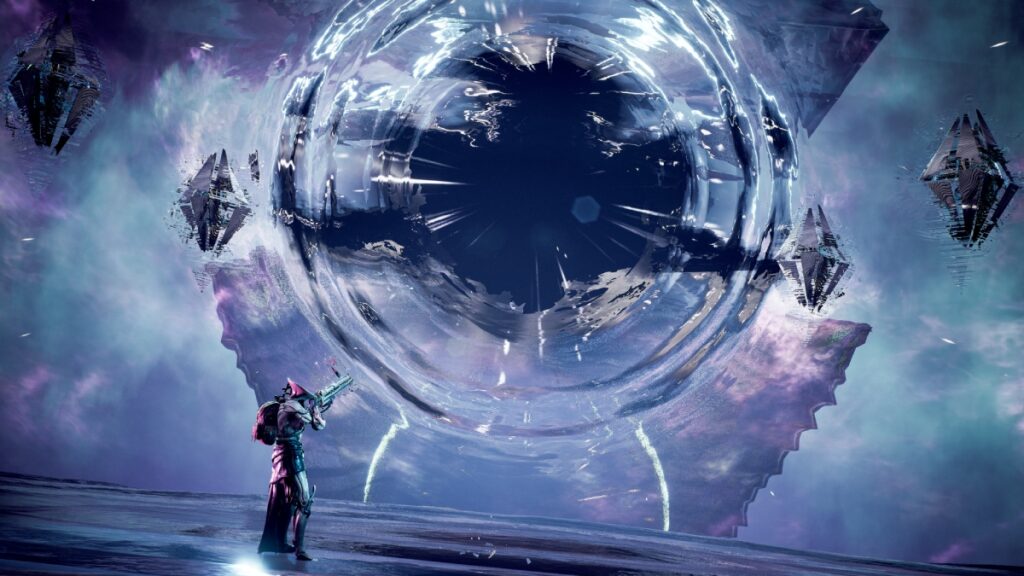
Julio: There’s another thing I wanted to ask you as a music composer. Remnant 2 launched in 2023, and we had amazing releases that year. However, 2024 saw the DLCs for Remnant 2, but the year has also been packed with games. Have you played any game this year that you feel has a great soundtrack?
Rob: I’ve been forcing myself to go through my backlog. I recently finished God of War (2018) and Ghost of Tsushima. And I’m finally going through Baldur’s Gate 3. Ghost of Tsushima, I really liked that soundtrack. I like the way it’s implemented. But my absolute favorite soundtrack of this year is Final Fantasy 7: Rebirth.
Julio: Speaking of these franchises, have you ever dreamed of collaborating or working for any other franchise or video game series?
Rob: Final Fantasy, for sure, or Sonic the Hedgehog. Sonic the Hedgehog had the first game music I fell in love with. It’s what got me into game music and game development.
Julio: Speaking of how Sonic inspired you. But, in your career, was that your main source of inspiration to become a music composer, or did you have other inspiration behind it?
Rob: I was always interested in creating stuff. When I played Sonic, I would design my own levels in a flipbook and make my own characters who definitely weren’t Sonic the Hedgehog with different hairstyles, you know? And I used to love making models out of clay and then animating them. Then, when I finally got a computer that had Windows, I moved on to make RPGs with RPG Maker. I wanted to do a lot of it myself: pixel art, music, background art, etc. Then, I got into a forum where other people were making RPGs, and one of the things they weren’t doing was the music. So, they would ask, “Would you like to do music for my incredible game?” And that’s what sort of edged me into writing music specifically.
Julio: Among all the work you do, including composition, orchestration, music editing, implementation in-game through audio middleware or in-engine, etc. Of all the processes you do to create music, is there one part that you enjoy the most?
Rob: I think composition is the most enjoyable for me. Just sitting down and creating something. Not that I don’t enjoy the rest as well. But there’s more to go wrong if you’re composing, and I find it more interesting.
Julio: As a follow-up, if you don’t mind me asking, I imagine composing takes a lot of time. Usually, how long does it take you to finish one track for a game?
Rob: A lot of the time, it depends on the complexity of the track. Take Remnant 2, for example. In some of the levels, the atmospheric stuff probably doesn’t take that long. Once you nail the palette and the tone you’re going for, that bit comes quite quickly. But then things like Annihilation, for example, I remember taking a little while and a lot of very late nights. I was working on it for days and days. There are other things like the credits track, which takes a long time, but less so for the composition; I just couldn’t get the mix quite right. So, it really depends on how much is going on. It could be anything from a day to a week or more.

Julio: Also, since you already have a fan base, do you ever feel pressured when making an iconic track and say, “I hope the fans like it?” Or do you think more about how it fits the game?
Rob: Good question. There are times, especially with the DLC, especially with the N’Erud DLC, where I know quite a lot of people like the N’Erud music. I’d seen some talk online about what people were expecting from the music. So, I tried to bear that in mind when I was writing — hoping people would enjoy it. But then other times, as long as it feels right, and as long as I like it and the developers like it, then hopefully, other people will like it, too. But yes, especially for the third DLC, I was thinking about what people might say.
Julio: I have one final question. Do you have any advice for aspiring music composers? Something you would say to someone who’d like to get into this amazing world.
Rob: Yes. There’s probably quite a lot to say. For someone who’s looking to get started from nothing, I’d say, “You just have to.” When I was starting, I wanted someone to come and say, “Yes, this is exactly what you have to do.” But the advice I heard then is that you just have to keep writing. You’ll improve every single time, just a tiny bit, even if you don’t notice it. You’ll notice it if you look back, though.
Sometimes, it is good to find one thing to focus on. So, today, I will focus on writing this thing or this instrument. Or, today, I will take a couple of months to focus on my mixing. It all adds up. And then getting into it. Getting people to hear your music. I don’t know if the way I did it is viable these days. The internet has changed so fast. But it was just finding like-minded people online who were making games as a hobby and just offering my services. And I sort of went from there. That’s how I did it. Also, can I just say something real quick? Sometimes, it is quite easy to create environmental music because environmental art is so good in Remnant. Just want to put that out there.

